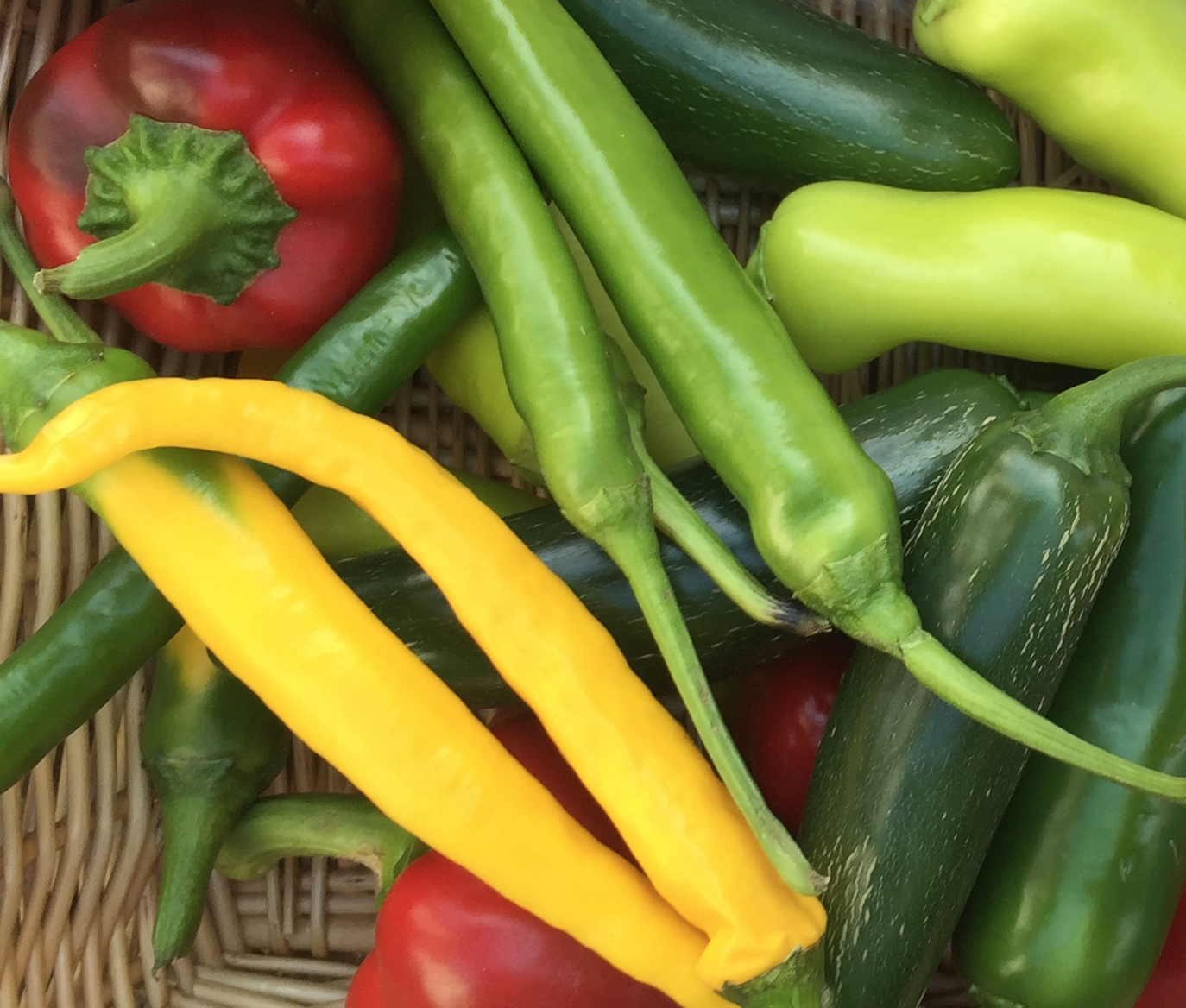At the end of the Fifteenth Century the America’s were accidentally (re)discovered as a world of tremendous resource, including maize, potatoes and tobacco – products that have altered lives around the world. However, part of the story is of a two–way exchange between the old and new worlds with chickens, bananas and coffee going the other way too, for example.

And all this was in addition to the older trading routes into Asia and Africa. At the time Columbus was trying to find the western route to the orient, the price of black pepper from Asia was at an all-time high and the Ming vase trade was starting to inspire the wealthy and their local potters in Europe.
We think that we live in a connected, global world. I was in rural Malawi recently I was struck how many people who in many ways live life ‘off the grid’ have smart phones and how 3G is pretty ubiquitous – with WhatsApp replacing SMS. A recent National Geographic piece outlined how a little up the Rift Valley the Maasai are using this technology to enrich their lives, to meet a need.
Whilst the speed and scale of these changes is breathtaking, I think we have to go back 500 hundred years for the most remarkable story of ‘spread’ (not the sort you have on toast – but of knowledge).
One of the discoveries in central America was the humble chilli. These days we see spicy chilli’s everywhere: in European, African and Asian cooking – as well as in dishes from its home continent. I think it is probably the most ubiquitous of ingredients. It literally connects the world, cuisines and diets.
What is maybe surprising is it took only a few decades from discovery to global domination. At the time it was discovered many could not afford black pepper to liven up their dreary meals. Spicy hotness was a luxury. All of a sudden there was a new, cheap form of heat and flavour. This product spread the world. And it wasn’t just a spicy idea, but a ‘sticky’ one too – the product is still totally ingrained globally.
At the airport shop in Blantyre, Malawi there were only a few products for departing visitors to spend their remaining Kwacha on – from nuts to ‘Puffs’. One of the goods was Nali Chili Sauce: made from birds-eye chilli’s it is dubbed “Africa’s hottest sauce”.
So the chilli travelled the world. It dominates. It is possibly the most global product . Why?
It met a need. It offers the spice of life – cheaply.
So, does your big idea meet a need? Is your ‘change programme’ (or political view or belief system or business offer – or blog!) going to help others live and improve their lives? Is it affordable or does it have a burdensome cost? Will people want to ‘steal with pride’? Is there are a pull?
Or are you just pushing like mad?
Sign up for updates on our latest thinking via the Business Briefing